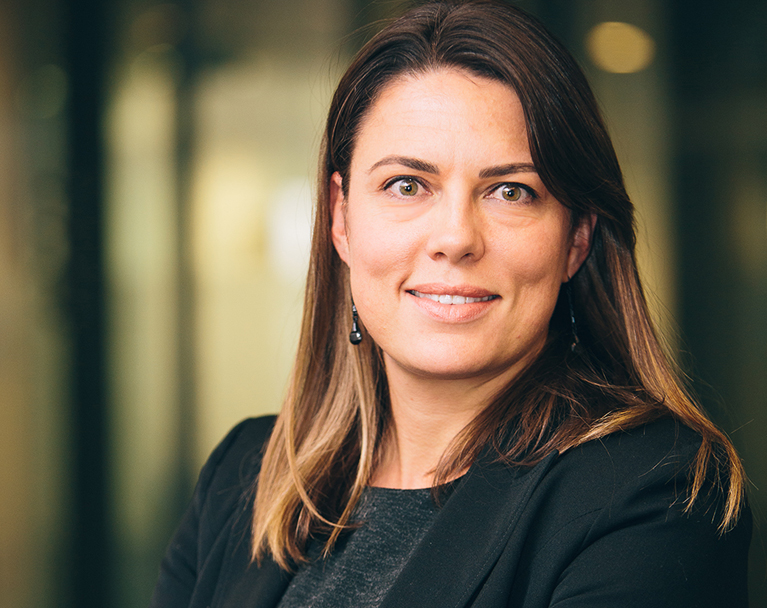Receive Focus insights straight to your inbox
There’s a well-known saying that: “The first generation makes the money; the second generation grows the money and the third generation loses the money.” Investec Wealth & Investment wealth managers, Neil Urmson and Ruth Forssman, share some insights into how not to lose your intergenerational wealth.
Listen to podcast
How to talk about wealth with family, how to build a financial plan and how to create wealth. Investec Wealth & Investment wealth managers, Neil Urmson and Ruth Forssman, share some insights into how not to lose your intergenerational wealth.
Many families don’t like to talk about money. How can one approach the thorny topic of finances and wealth with family members?
“I think it is very important that families do discuss these matters. They are not easy matters, and very often the family itself may not be sure as to who it is they want to include in these discussions. The biggest mistakes are made though when these discussions are not had,” says Urmson.
“However, finances and wealth are sensitive topics in many families, especially between generations. Very often the best way to approach such conversations is to include a third party like an advisor or executor and ask older generations how you can help as opposed to asking directly for what you might receive.”
“As a parent of young children, a ten- and a twelve-year-old, I teach my kids about the value of money by allowing them to feel the power of its scarcity. Now, that might sound a little harsh, but I genuinely believe they will appreciate the value of money if they generate it themselves and that in doing so, they’ll acquire tools that help them to manage and hopefully increase their wealth over time,” explains Forssman.
How do you create wealth?
“It is really about being disciplined. You create wealth through saving more than you spend. So, the two ways you can save are either through cutting spending, or earning more. In my experience, you’re better off trying to earn more than trying to save more, because real wealth is created by earning significant revenue, over and above your expenditure, which you can then save in a tax efficient way,” says Urmson.
What does a good financial plan look like?
“I think a healthy plan starts with spending a bit of time identifying your objectives including what your definition of being ‘wealthy’ versus ‘rich’. Do you plan to stay in this country? Is your nest egg going to be built here? If it is, are you using a tax efficient vehicle to do so, maximising all of the benefits available to you? If you are unsure of whether you are remaining here, what kind of forward-looking planning can you do in that regard? What sort of provision do you need for dependants?” says Forssman.

Once you have considered these types of questions and have clear objectives in mind, it’s often advisable to concentrate on paying of debt as a first step, followed by building up a margin of safety whether that is cash, a fund or insurance such as life or disability insurance
“Paying off debt, and paying into retirement vehicles should be the foundation of what you do. The principle is that if I can compound over time at a high rate of return without paying taxes until the day that I retire, that will give me a much better outcome than compounding at a lower rate, because I paid taxes along the way. So, specifically in building retirement assets you want to use the retirement vehicles that are available to you, and you want to pay off debt from a tax perspective,” says Urmson.
What is the sequencing of risk?
“The sequencing of risk is probably more important for people closer to retirement, or entering into a later part of their life. You can make an investment mistake when you are young, generally speaking, because you have lots of time to recover. As you enter into the retirement phase, you have to be far more careful about not making inappropriate investments at the wrong time from which you cannot recover,” explains Urmson.
“For example, if I am twenty-five, and I buy a stock at the wrong price, and it declines, I have plenty of time before my retirement in which to recover those loses. If I am sixty-five, and I get an investment wrong, there is no time to recover, and that is a real problem. Sequencing risk is all about when it is the right time to take on a particular type of risk given your circumstances.”
What generic advice do you have for readers?
“You have to be flexible, determined, and think long-term. You have to be many different things but the most important thing is to just get the foundation right and do not make big mistakes - most successful investors just do not make big mistakes,” says Urmson.






